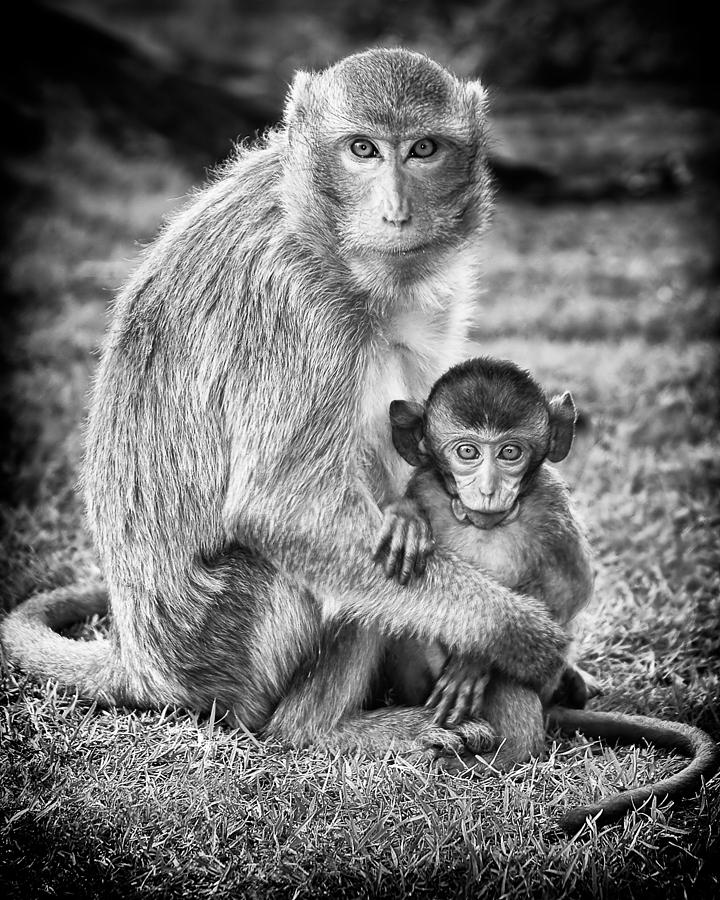Laundry Day
Poor mother monkey
at the rich mother zoo
drowns again her sorrow,
her lifeless baby live again;
it is so freshly limp and loose
she believes she can
by scrubbing.
Across the moat,
another mother, seeing,
aims peanuts awkwardly
with her wrong hand,
toying her own baby’s happy hands
with her right
in the Ivory Soap sunshine,
her own laundry done.

Mother And Baby Monkey -- Adam Romanowicz
Poor mother monkey
at the rich mother zoo
drowns again her sorrow,
her lifeless baby live again;
it is so freshly limp and loose
she believes she can
by scrubbing.
Across the moat,
another mother, seeing,
aims peanuts awkwardly
with her wrong hand,
toying her own baby’s happy hands
with her right
in the Ivory Soap sunshine,
her own laundry done.

Mother And Baby Monkey -- Adam Romanowicz
In 1840 the J.B. Williams Company in Glastonbury, Connecticut, manufactured Ivorine soap but sold it to Procter & Gamble in order to focus on shaving soap. The son of one of the firm's founders, Harley Procter, changed the product's name to Ivory (inspired by Psalms 45:8 -- "All thy garments smell of myrrh, and aloes, and cassia, out of the ivory palaces whereby they have made thee glad." It was trademarked in 1874 and marketed in 1879. James N. Gamble, son of the other founder, discovered that by whipping the soap with air during the production process would allow the bar to float. Due to the prodyct's success Proctor & Gamble is sometimes called Ivory Towers; Milliken (a neighborhood in Staten Island, New York) was called Port Ivory because of the P&G factory there, and the company's research center in St. Bernard, Ohio, is called Ivorydale.
ReplyDeleteand sold Ivorine to Procter & Gamble, who later renamed it Ivory.[1]